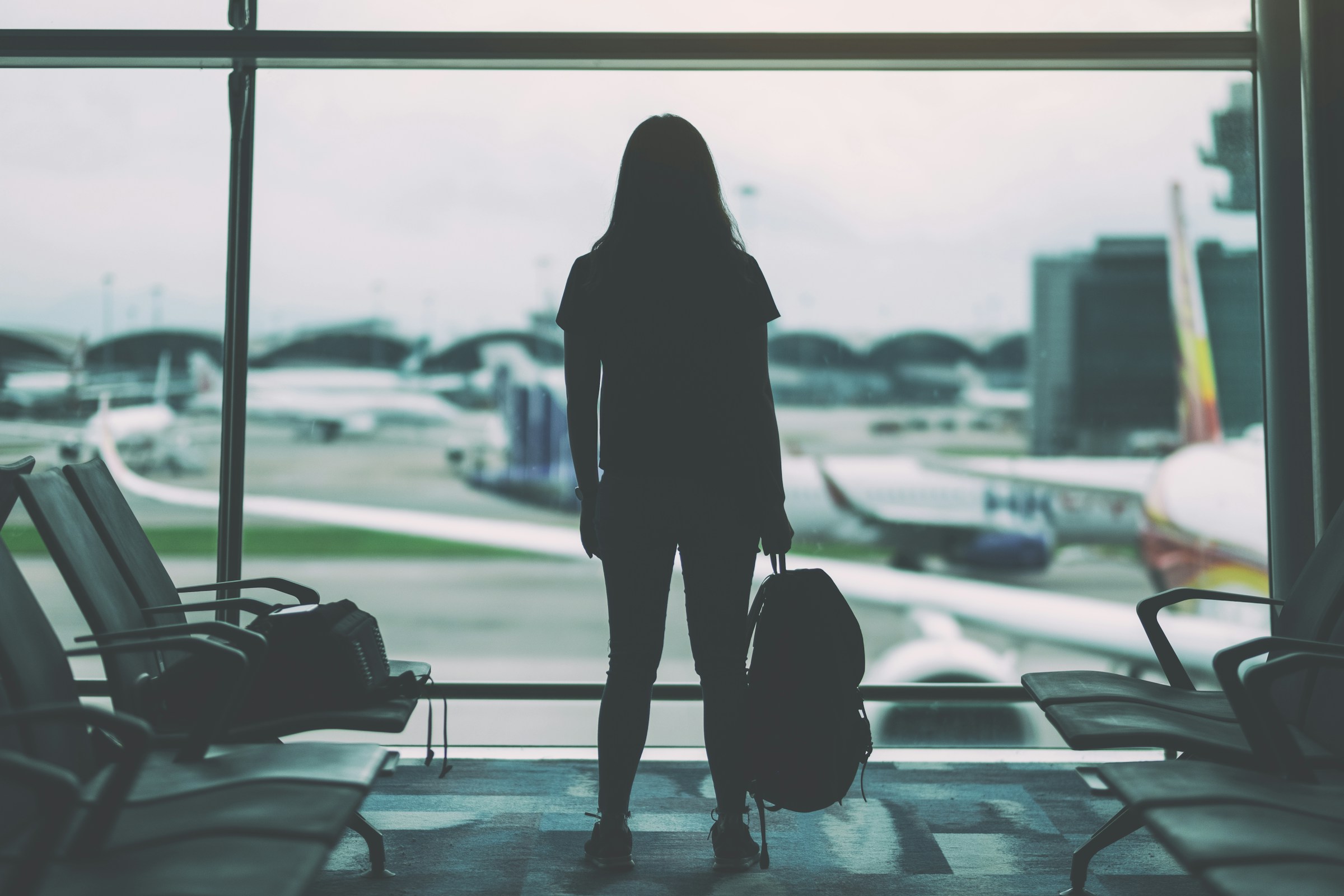As full-time overlanders originally from South Africa, we rarely get the chance to visit our home country, especially when in the far reaches of North America. For a family of four traveling with a pet, flights are long and expensive, especially when factoring in shipping your vehicle, as you must consider your next international destination. Visits to South Africa are rare, so when we get a chance, we prioritize time with family and friends, not knowing when we’ll have the opportunity to return. Life, however, is unpredictable.
When I received the tragic news of my mother’s sudden passing, I was overcome with shock and heartbreak. We had spent a quiet night in the mountains of Prescott, Arizona, disconnected from the world without internet or mobile reception. The following day, I received an overwhelming number of messages with the devastating news. Learning of my mother’s death via Messenger was surreal and deeply confusing—I hoped the news might somehow be a mistake.
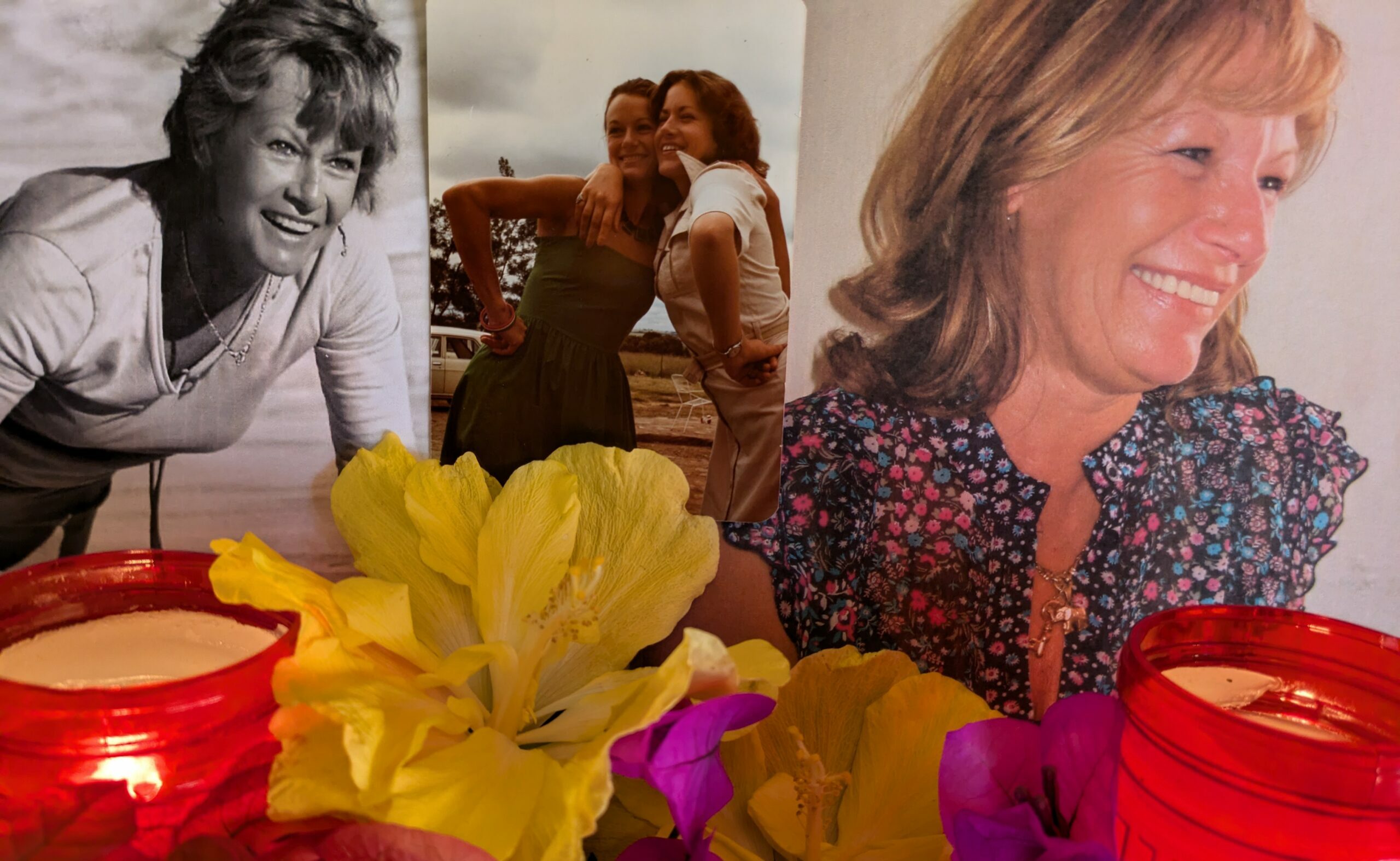
The 30-kilometer trip down the mountainside that followed was the longest drive of my life. Each moment was heavy with uncertainty until I could speak privately with my family back in South Africa to confirm the devastating reality.
Planning the emergency trip back to South Africa was already challenging, but it was further complicated because we were only visiting the US for two months. Our Yorkshire terrier was with us, but we had left our kids and Graeme’s South African passport at our home base in Mexico. While I wanted to take time to grieve, I had to set my emotions aside and focus on making the necessary arrangements to return to South Africa.
Emergency travel, whether it involves returning for a loved one’s funeral, managing a sudden serious illness, assisting a family member with a transition like moving to assisted living, or any other important matter, comes with its unique challenges. The emotional and practical trials of arranging emergency travel can seem insurmountable. Here are some useful, practical insights and strategies to reduce stress, successfully navigate logistical aspects, and manage the emotional strain of any emergency.
Processing the Initial Shock
The news of a loved one’s passing can be overwhelming, especially if you are far away and isolated. It is essential to give yourself time to process the news. Find a private space, preferably not a campground, as they can be impersonal and crowded. Instead, find a close friend or book a hotel room for a night or two. During this initial period, give yourself permission to grieve, even if practical arrangements feel pressing. If traveling with companions, communicate openly to establish a supportive environment for processing the news.
Bereavement Flights

Some airlines offer bereavement fares, which include discounted and flexible tickets. For instance, Delta offered us the best fare and last-minute availability and allowed three flight changes (applicable only if you have suffered a loss or a family member is gravely ill). Some airlines require a death certificate or a letter from a physician. Oftentimes, the flight must originate from the US or Canada and be bound for an international destination. The following airlines offer some form of discounted flight or flexibility to your travel dates:
- Delta
- Alaska Airlines
- Air Canada
- Lufthansa
- WestJet
As a last resort, if you have a friend who works for an airline, a “buddy flight” may be an option. However, beware, as this puts you on standby, and if the flight is full, you will be bumped off and stranded.
Petsitters or Boarding
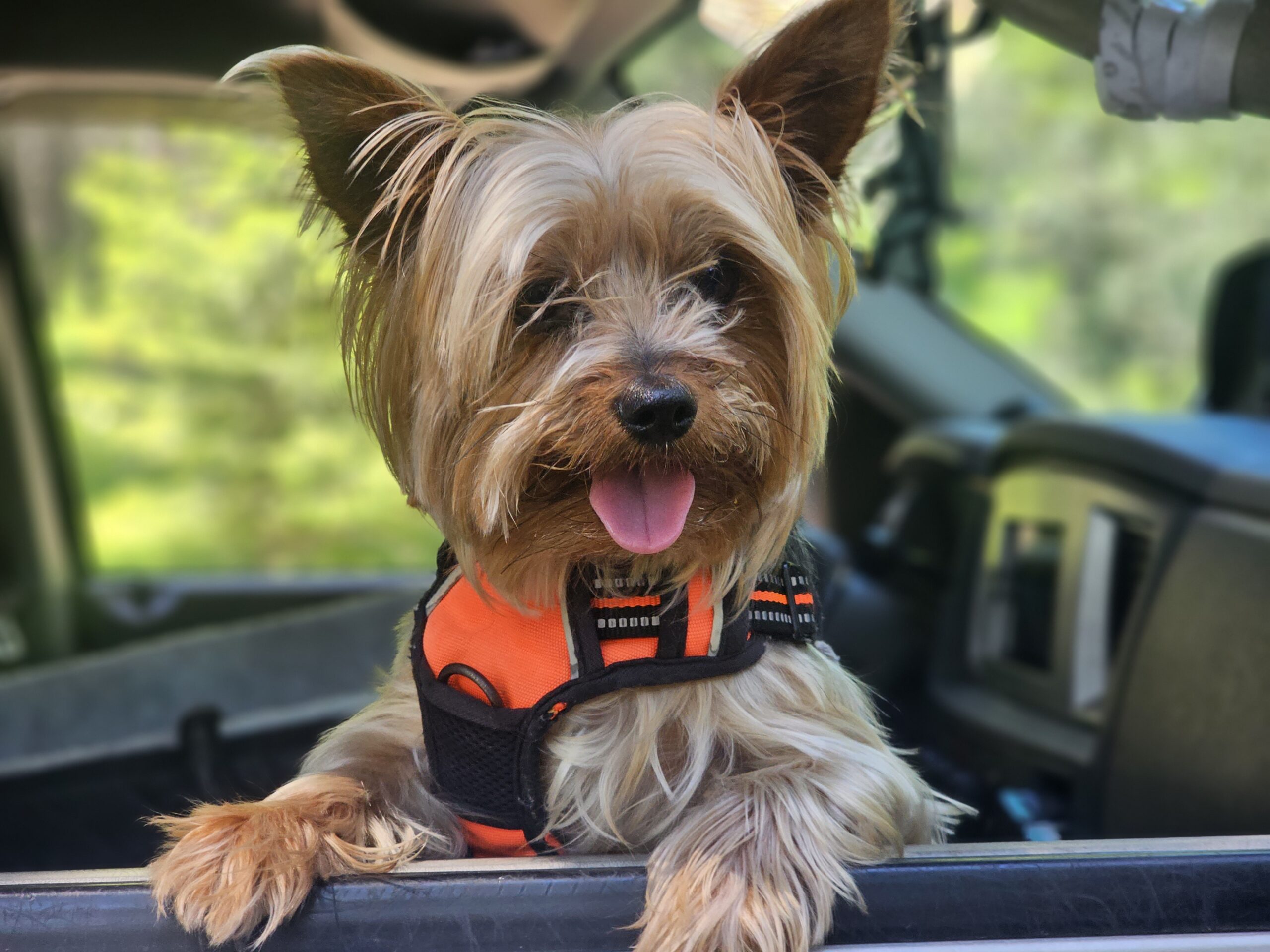
We travel full-time with our Yorkshire terrier. He weighs 4.2 kilograms and is a wee little man, so he fits snuggly under our in-cabin seats when we usually take flights. Due to South Africa’s pet importation rules (even for a holiday), we would need to obtain specific blood tests and certificates, an impossible task in the short time available. We opted to have Chewbacca stay with a petsitter for two weeks with a hefty price tag of $50 a day, which excluded his food and treats. Unfortunately, we have not been able to secure pet insurance with any company that covers boarding or sitting for emergency travel (unless you are personally hospitalized), so ensuring that your pet is vaccinated and has all their relevant paperwork on hand when traveling is essential.
Stay Connected
If you’re remote camping or on an overland journey, staying connected is essential. And with modern technology, it doesn’t take much effort to do so. Although Starlink is the preferred method for off-grid communications, it requires a clear view of the sky. Other alternatives include:
- Brands like Garmin, Iridium, and Motorola offer robust (though expensive) phones and communication options;
- Purchase a SIM card when you enter a new country;
- Tracking and messaging devices such as SPOT, Zoleo, and Garmin inReach can track your location and send emergency messages.
Passports and Dual-citizenship
Before traveling abroad, it would be wise to obtain a new passport. An American citizen can apply for a “large” passport containing extra pages. This will allow you to travel for an extended period and is valid for 10 years. Alternatively, you can apply for a second passport, valid for four years, if you can prove that you will travel to various countries regularly. Dual citizens should remember to use their home country’s passport when entering that country. When we traveled to the States, my husband, Graeme, only had his British passport. We had to DHL his South African passport from Mexico to the States so that he could enter South Africa legally. It was a good reminder of best practice.
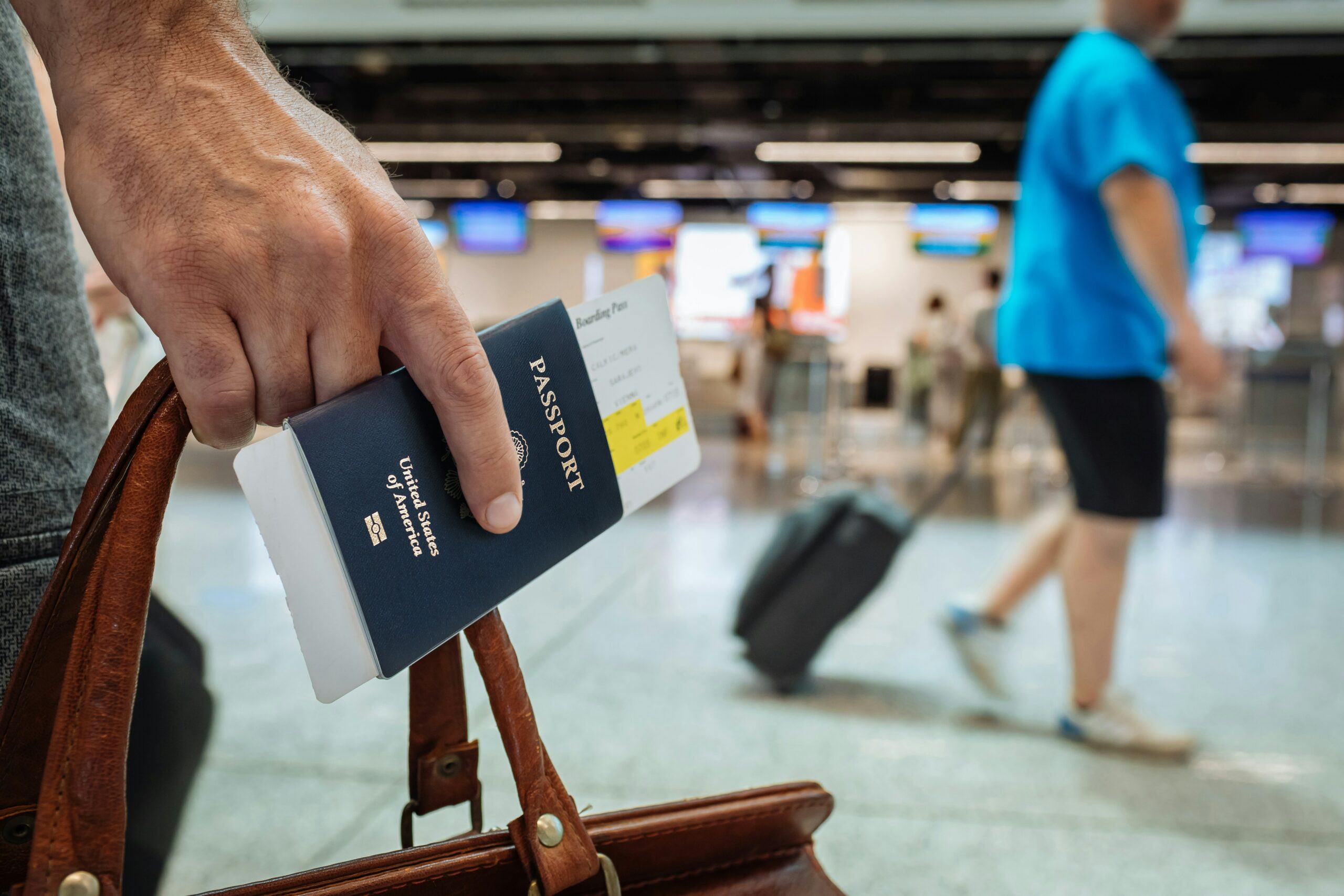
Entry Visas
When entering another country, always ask for the maximum visa period permitted. If you only intend to be in the country for a week or two, ask for the full three or six months. Things go wrong; it’s life. Knowing that you need not leave a country when dealing with a mechanical breakdown or an emergency is a game changer.
Vehicle Storage and Temporary Import Permit (TIP) Considerations
When traveling with your vehicle internationally, it is wise to carry a carnet de passage or apply for the relevant temporary import permit for the maximum period when entering another country. Many overlanders learned a hard lesson when the pandemic barred them from traveling overland, and fines were imposed if the correct procedures were not followed after leaving the country. There are several options for securing storage facilities in bigger cities abroad, and the best resource would be to reach out to the overlanding community.
Facebook groups connecting fellow travelers are plentiful, such as the PanAmerican Travelers Association, On The Road in Mexico, Overland to Asia, and African Overlanders, to name a few. Other resources include joining a Facebook group specific to your vehicle brand, which can be particularly helpful when mechanical assistance is needed. Online forums like Expedition Portal and Overland Bound, as well as overlanding or vanlife subreddits, are excellent platforms to connect with like-minded individuals.
Emergency Funds
There are many types of overlanders, but the most common one(s) on the road is the retiree with the financial freedom to travel internationally and thus the provisions for an emergency. Then you have the middle-aged couple who sold everything to travel overland that will rely on their “youth” to top up their retirement fund once they tire of the lifestyle. And there’s the young and restless, who decided to save as much money as they could to overland for as long as their savings account allows. It’s in your best interest to have an emergency credit card with a large credit limit for emergencies.

Travel Insurance
Some travel insurance companies provide emergency flight coverage for medical and non-medical emergencies. Read the fine print, as coverage for extended trips over 90 days is harder to find, with limited coverage to some destinations. Travelex, Allianz, and World Nomads offer emergency travel for ill or deceased family members (with conditions). Policies can be purchased that offer medical coverage (either primary or secondary) to cover personal illness and injury, including transportation costs to the nearest medical facility (or even back to your home country) and accommodations if your trip is interrupted. Many credit cards offer similar benefits if used to book your trip; find out before you go.
Dealing With Ailing Family Members
We all age, and as humans, we are prone to illness, making it prudent to consider and discuss the future well-being of your parents or family members before embarking on an extended trip. Unlike the sudden passing of a loved one, a serious illness requires dedicated involvement and may require you to return home multiple times with extended stays.
Before leaving, gather as much information as possible from your family members, including their wishes, will, and medical history from their healthcare providers. If a family member experiences a sudden illness, discuss the prognosis and treatment plan with their doctor to better understand the level of care required and the duration of your involvement. If possible, coordinate with local family and friends to share responsibilities, especially if you plan to continue your journey.
Look into care agencies or services that can step in if needed. It’s always easier to be prepared for an emergency than to scramble for solutions while on the road.
Wearable devices are available that can monitor and track your loved one’s well-being for added peace of mind, providing real-time updates and alerts to ensure you stay informed even while you’re away.
Grieving and Support
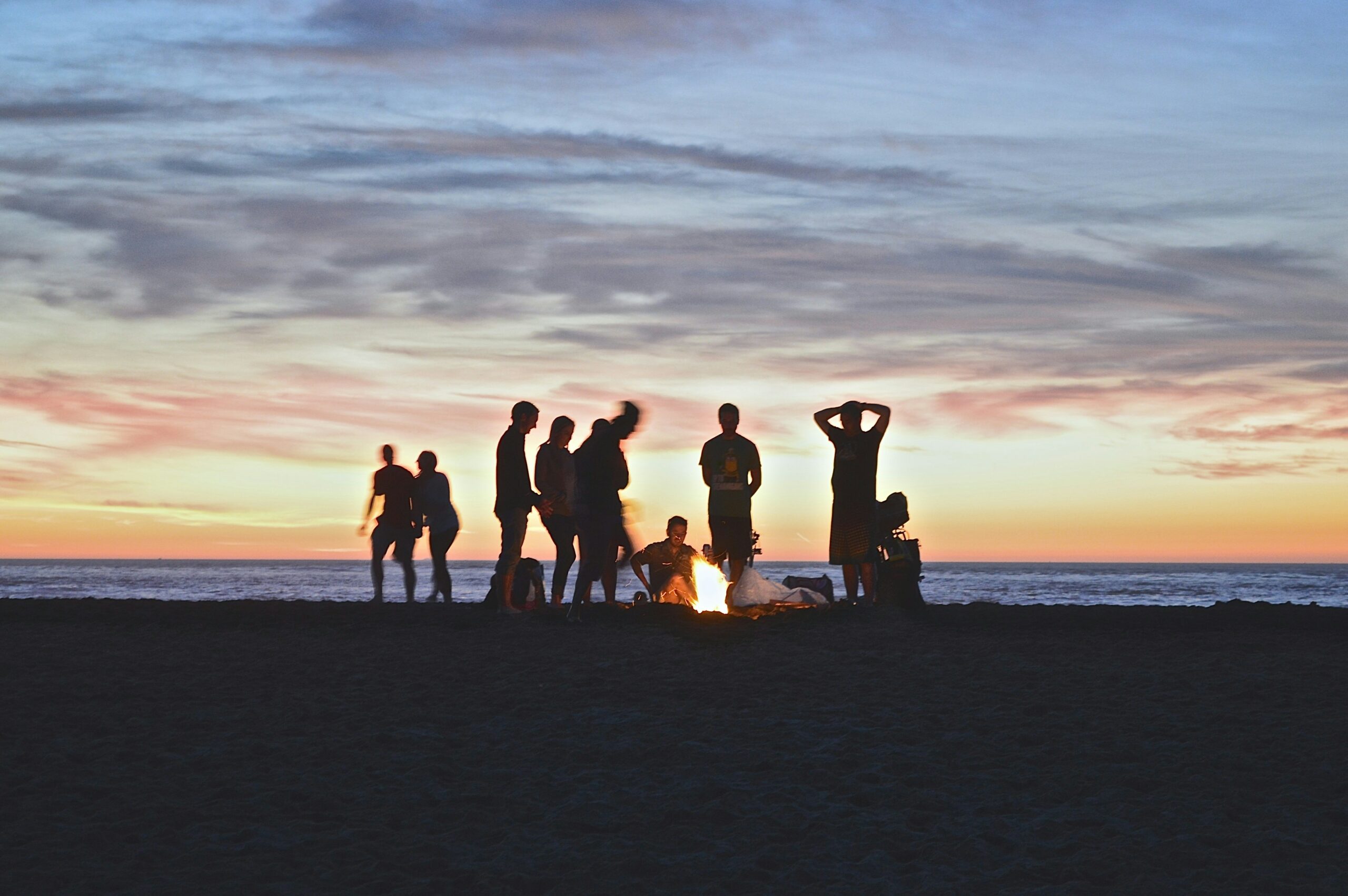
Experiencing a loss abroad can feel isolating, but a large overlanding community rallies to provide their support when needed. I experienced an outpouring of private messages from people I hadn’t spoken to in years and from some I didn’t expect. Additional resources include online groups, forums, and therapists such as BetterHealth, TalkSpace, BrightSide, and more.
Travel can be a life-enriching experience, but its unpredictability means we will face difficult situations far from home. Be prepared and take steps to ensure that when facing a tragedy while abroad, you can make a difficult experience more manageable.
Learn More: Principles of Overlanding: Living on the Road Full-Time
Our No Compromise Clause: We do not accept advertorial content or allow advertising to influence our coverage, and our contributors are guaranteed editorial independence. Overland International may earn a small commission from affiliate links included in this article. We appreciate your support.


